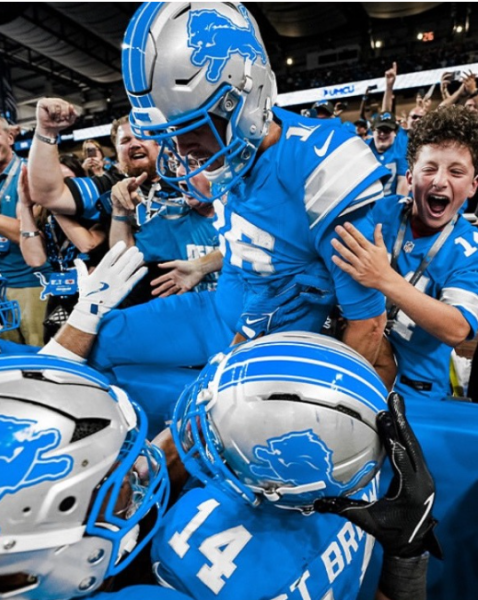Teens strive for the perfect body
October 29, 2015
A seemingly ordinary high school student arrives home from school just like any other afternoon, eats a snack and then walks confidently into the bathroom. She shoves two fingers down her throat and watches all of her previous meals appear in the toilet. This is one of the unfortunate effects of the belief in our society that people, especially women, are supposed to be held up to unreachable standards; in other words, we should be perfect. These types of ideals, mostly influenced by the media, can lead to unhealthy conditions such as eating disorders and feelings of insecurity.
In today’s society, image is everything. We place a big emphasis on the media which has put the assumption in our heads that people should aspire to look like the models and celebrities who are practically jumping off the pages of magazines. Take a simple place like the grocery store for example; there will most likely be at least one magazine in the check-out line with a headline about a celebrity and how they lost weight. The celebrity in the picture, however, is probably photoshopped and had normal features such as blemishes, cellulite, and even the tone of their skin changed in order to be seen as flawless. Although these details may seem minor, the effect they have on today’s generation is overwhelming as more and more people, particularly teens, are pressured into striving to resemble these famous faces.
Even men are becoming concerned with their bodies as the media continues to bombard the public with pictures of lean, muscular models. It is common these days to see an increasing amount of men spending large increments of money on items such as gym memberships, styling products, and waxing treatments all to improve their physical appearance.
Industries such the food companies (who also own the diet companies), the plastic surgery industry, the exercise and fitness business, and the pharmaceutical realm clearly all have a share in this as well considering they can sell items and gain money from people buying their products in order to improve their self appearance. If it’s possible to make money from something like this, people will do it because the want for perfection is so great that it sells.
The fashion industry is also ridiculed for showcasing their skinny models in order to advertise their clothes. This is explained by a concept coined by Imogen Edwards-Jones, a journalist and author of Fashion Babylon: fat does not sell; no one fantasizes about being a two-digit size.
Even younger age groups are now beginning to get involved in the search for flawlessness. In a study by Dove, just two percent of women and girls said they would describe themselves as beautiful, while two-thirds said they avoided basic activities on days they felt unattractive. This needs to stop as children feel even more insecure than they already are, not comfortable in their own skin.
Although it is true that not everyone feels the pressure to be perfect and many buy products in order to just look their best, it does not erase the pressure among children and adults that is imposed on them by our environment.







